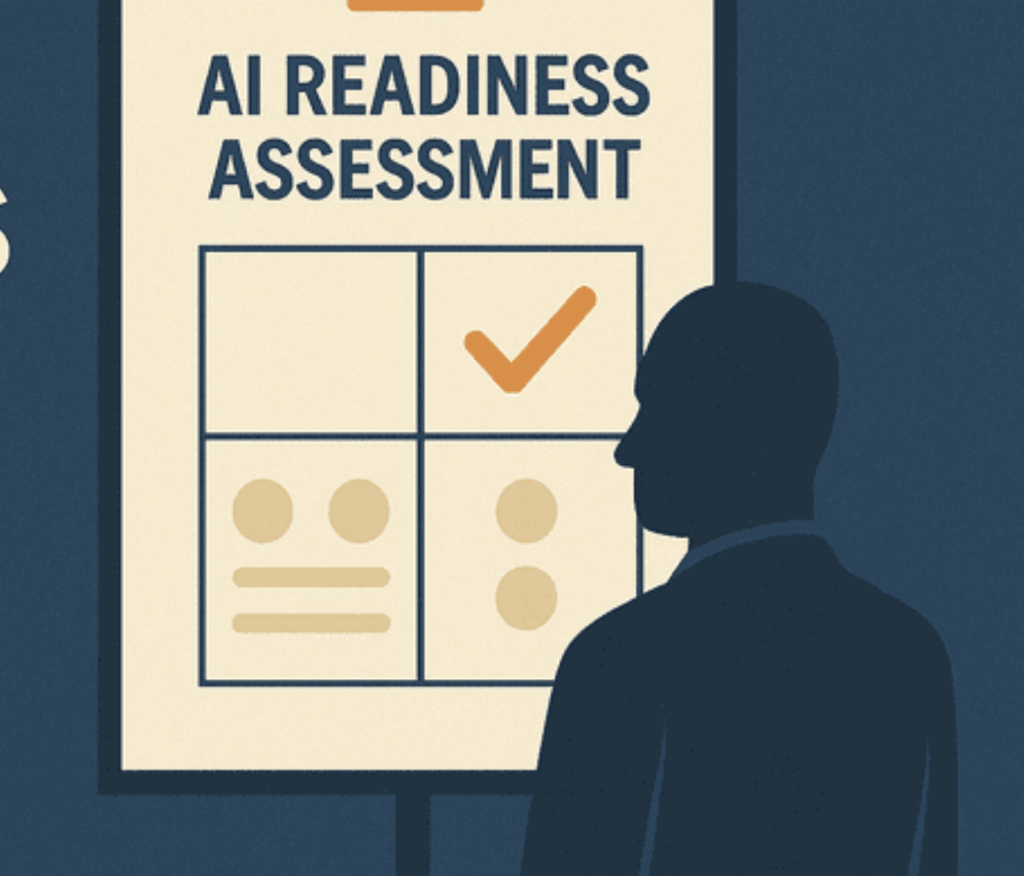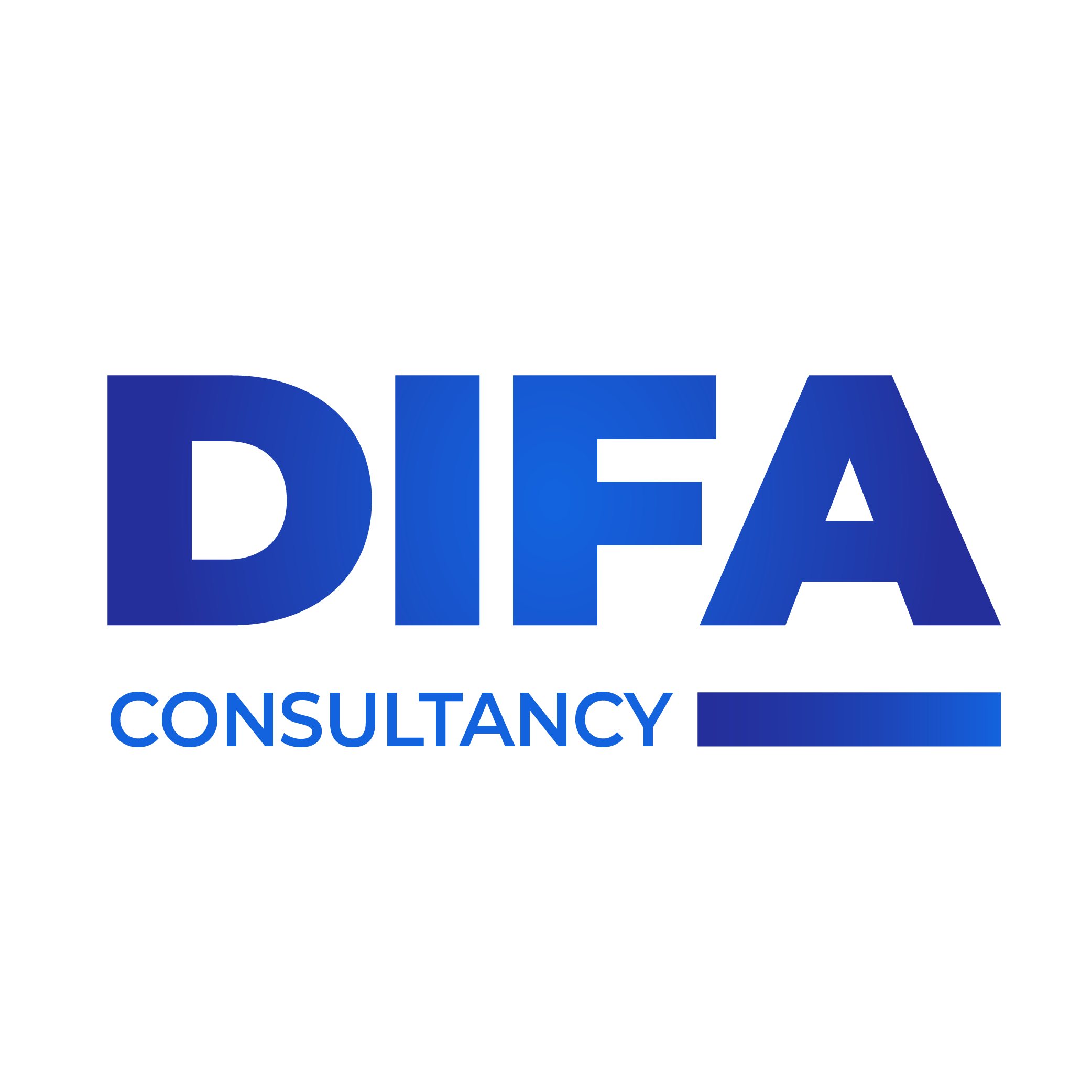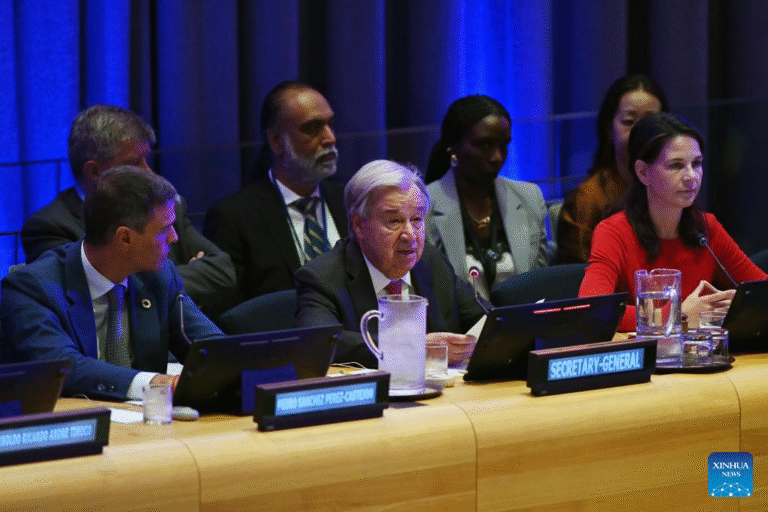
The UNESCO AI Readiness Assessment Methodology (RAM), grounded in UNESCO’s Recommendation on the Ethics of AI, is a structured tool developed to help countries evaluate and enhance their preparedness for deploying artificial intelligence (AI) in ways that align with ethical, inclusive, and sustainable development.
It is conducted via a questionnaire that includes general questions, legal indicators, a socio-cultural aspect, an educational perspective, an economic dimension, and a technological basis. The RAM assessment has been completed in Kenya, Gabon and Morocco, with key findings highlighted below.
Kenya
The key relevant insights following Kenya’s RAM exercise (completed in 2025) are as follows:
- Collaboration and inclusivity are highlighted in the development process of the National AI Strategy through the use of multistakeholder consultations.
- Kenya is relatively highly ranked in Africa on AI readiness and innovation: 6th place in Africa on the 2023 Oxford Insights AI Readiness Index and 4th in Sub- Saharan Africa in the 2022 Global Innovation Index.
- At a global level, Kenya was ranked 9th out of 40 countries assessed in Africa and scored 8.79/100 in the Global Index on Responsible AI (2024), revealing a need for stronger ethical safeguards.
- Despite the lack of an AI- specific law, there are legal and ethical frameworks in place to support responsible AI including the Data Protection Act (2019), the National ICT Policy (2019), the Digital Economy Blueprint (2019) and the National Broadband Strategy (2019-2023). The Constitution of Kenya (2010) also provides guarantees on the access to information which is an enabler for transparency and accountability.
- Several sector specific guidelines have been developed to promote responsible AI use, e.g. the Data Governance Guide for Media Practice in Kenya, and the Guide on the Use of Social Media and the Internet for Media Practice in Kenya, both issued by the Media Council of Kenya.
Read more on the Kenya country report here.
Morocco
The key insights following Morocco’s RAM exercise (completed in 2024) are as follows:
- There is significant growth in internet penetration in the last five years with the coountry ranked 52nd globally in the 2022 Inclusive Internet Index.
- Efforts are being made towards STEM education and skills development, and dedicated AI training institutions have been established.
- There is no dedicated national AI strategy, and existing digital frameworks need adaptation to address AI- specific challenges. Morocco currently has in place a Strategy for Developing an AI Ecosystem and the Al-Khawarizmi Program which is a national program aimed to encourage applied scientific research in the fields of AI and big data.
- Existing legal frameworks in digital matters require adaptations to emerging technology, particularly in relation to personal data and the regulation of cyberspace. A new liability regime should be introduced, and public procurement management to incentivize responsible AI development.
- Cybersecurity and data transparency is commendable, with Morocco being ranked 50th/194 globally in the ITU Global Cybersecurity Index, and 35th/195 in the Open Data Index (2022), reflecting a commitment to transparency.
Read more on the Morocco country report here.
Gabon
The key insights following Gabon’s RAM exercise (completed in 2024) are as follows:
- Gabon is actively using digital technology and AI to drive economic growth, social inclusion, and national sovereignty. In 2023, the Gabonese Innovation Center was established and accredited by the ITU as one of 17 global AI acceleration centres.
- There is limited AI use in public administration, with private and parapublic sectors leading in AI integration, especially in education, research, production and social applications.
- Legal frameworks such as personal data protection laws are in place to support ethical AI development. Gabon is developing a national data and AI framework.
- Governance and cybersecurity capacity is a challenge, and there is a need to enhance institutional readiness for the effective and ethical rollout of Gabon’s AI strategy.
- Regarding digital infrastructure, Gabon lacks a public data centre but has private and administrative ones in operation.
Read more on the Gabon country report here.
1 The Kenya AI Strategy was since launched in March 2025.
2 The Media Council of Kenya also issued the “Media Guide on the Use of Artificial Intelligence in
Kenya” and “A Media Handbook for Reporting on Artificial Intelligence in Kenya” in January 2025.
Discover more insights — click to find out more.



